Mayorkas vows more migrant entries as post-Title 42 border rush looms
WASHINGTON — Homeland Security Secretary Alejandro Mayorkas said Thursday he’s ordering his agency to allow “thousands” of additional migrants to enter the US legally while opening new facilities in Central and South America to house asylum-seekers.
Details of the plan, meant to replace the Title 42 health policy when it expires May 11, remain fuzzy and Mayorkas — who faces impeachment efforts from House Republicans over his management of the two-year-old border crisis — conceded that a feared border rush remains likely.
“This is a hemispheric challenge that demands hemispheric solutions,” Mayorkas told reporters before adding: “Let me be clear, our border is not open and not will be open after May 11.”
Under the plan, prospective migrants will be able to go to processing centers in Guatemala and Colombia to be prescreened and potentially allowed into the US to await final rulings on their claims of persecution in their homelands.
Centers in other countries are expected to be announced in the coming weeks.
Mayorkas estimated that about 5,000-6,000 people per month will be processed through these centers and that “this is a process that will scale up over time.”
In theory, the legal pathway will encourage migrants to wait their turn rather than rush to the border and try to enter the US on foot.
“We are building lawful pathways for people to come to the United States without resorting to the smugglers,” said Mayorkas, standing alongside Secretary of State Antony Blinken.
The DHS chief claimed the US has successfully tamped down illegal crossings by Cubans, Haitians, Nicaraguans and Venezuelans under a months-old “parole” program that allows 30,000 people per month from the cohort into the US to await asylum rulings.
Republicans say the Biden administration lacks the legal authority to inaugurate such programs.
Mayorkas added that after May 11 border authorities are preparing for “expedited removal” proceedings against illegal border-crossers — though he said those who cross illegally will remain eligible to request asylum and that family units won’t be detained, potentially blunting any effect on the numbers of people who cross the border or whom are allowed to stay after doing so.
Title 42 allowed border authorities to quickly remove migrants, though enforcement was softened over time to allow family units and even single adults to remain in the US to await asylum rulings.
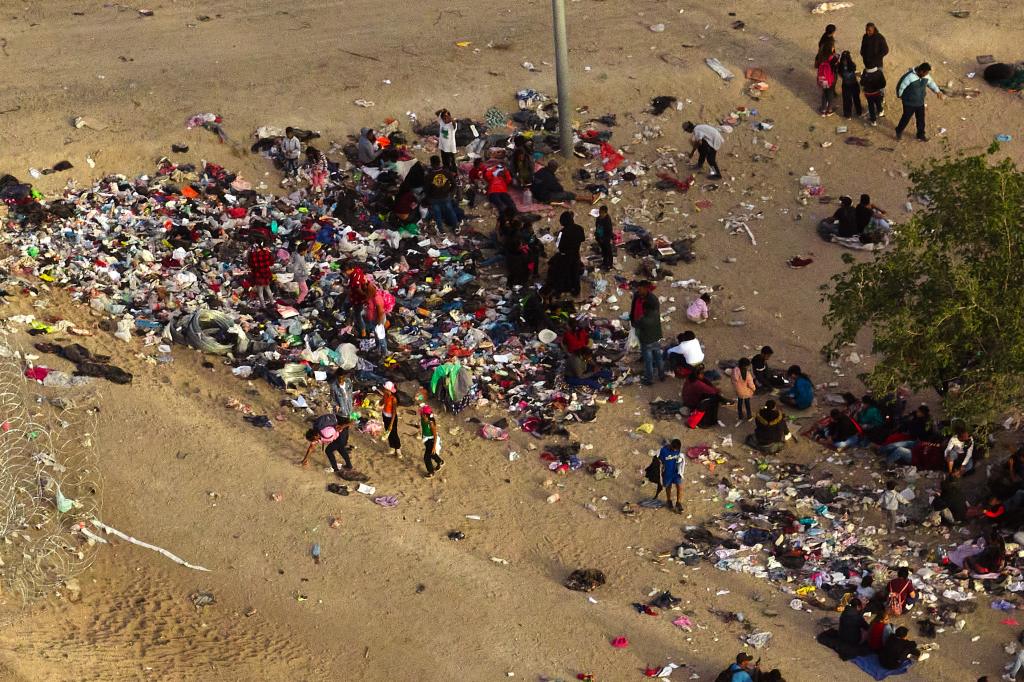
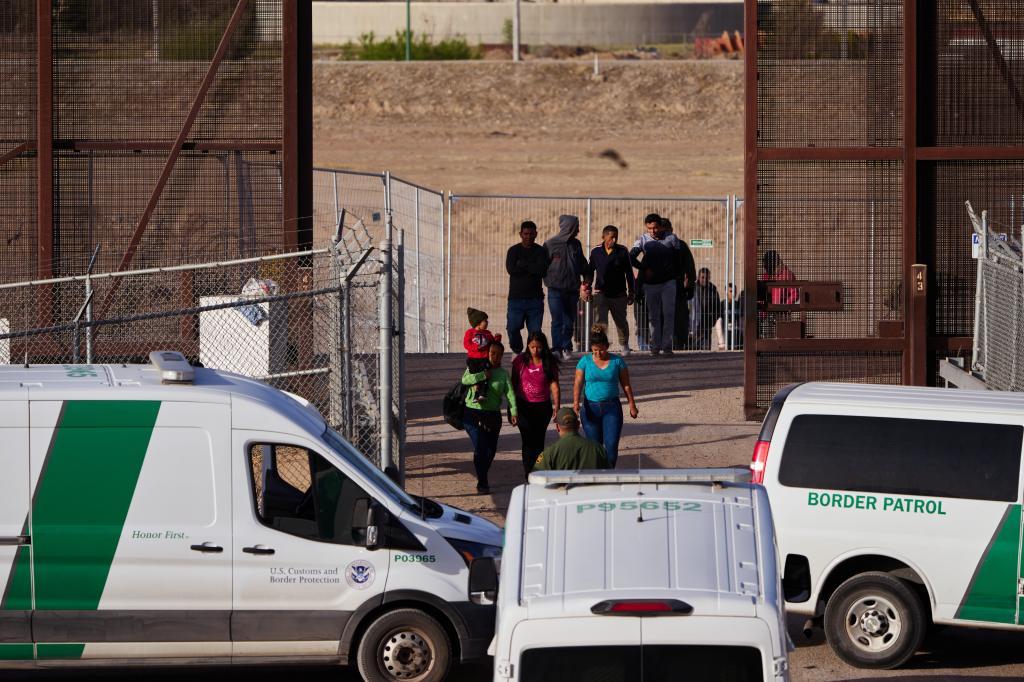
Mayorkas said the renewed crackdown could result in five-year bans on border crossers who subsequently wish to enter the US.
“We do expect that encounters at our southern border will increase as smugglers are seeking to take advantage of this change and already are hard at work spreading disinformation that the border will be open,” Mayorkas said.
“If they do take that perilous journey and happen to survive, because all too many do not, they will find that the border is not open and they are subject to removal and removal will occur in the expedited removal context swiftly in a matter of days, or just a few weeks,” he threatened.

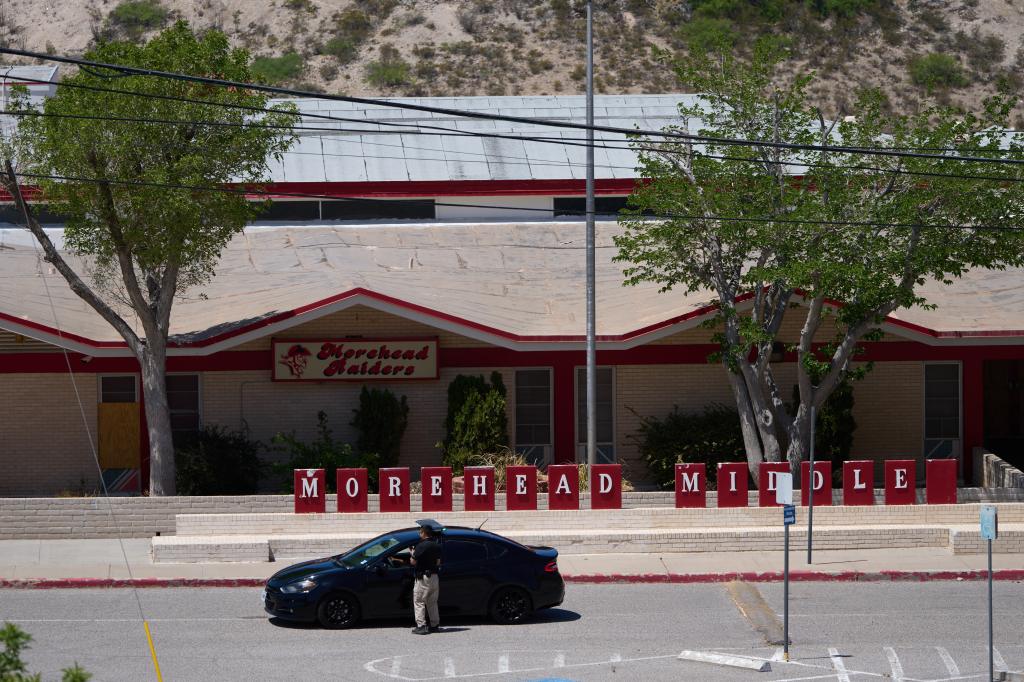
Blinken said that the new processing centers would prioritize certain groups of people, including ” religious minorities, political dissidents, LGBTQI+ persons and survivors of gender-based violence to expedited resettlement processes.”
Mayorkas said that the new processing centers may refer some migrants to other nations for resettlement, but that they would allow a broad scope of possible US pathways too.
“We are dedicating specially trained refugee officers to the centers,” he said. “They will interview applicants for the US refugee admissions program and provide for the swift processing of a greater number of individuals. In addition to refugee processing, migrants may be screened at the centers and referred to pursue additional pathways to the United States or to other countries for which they may be eligible.
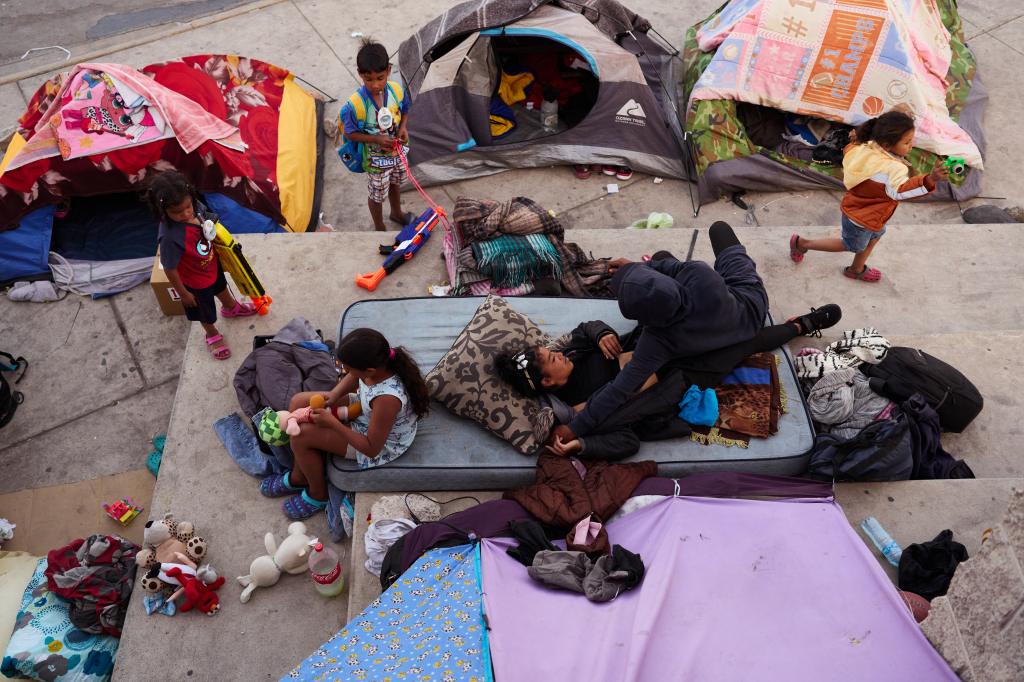
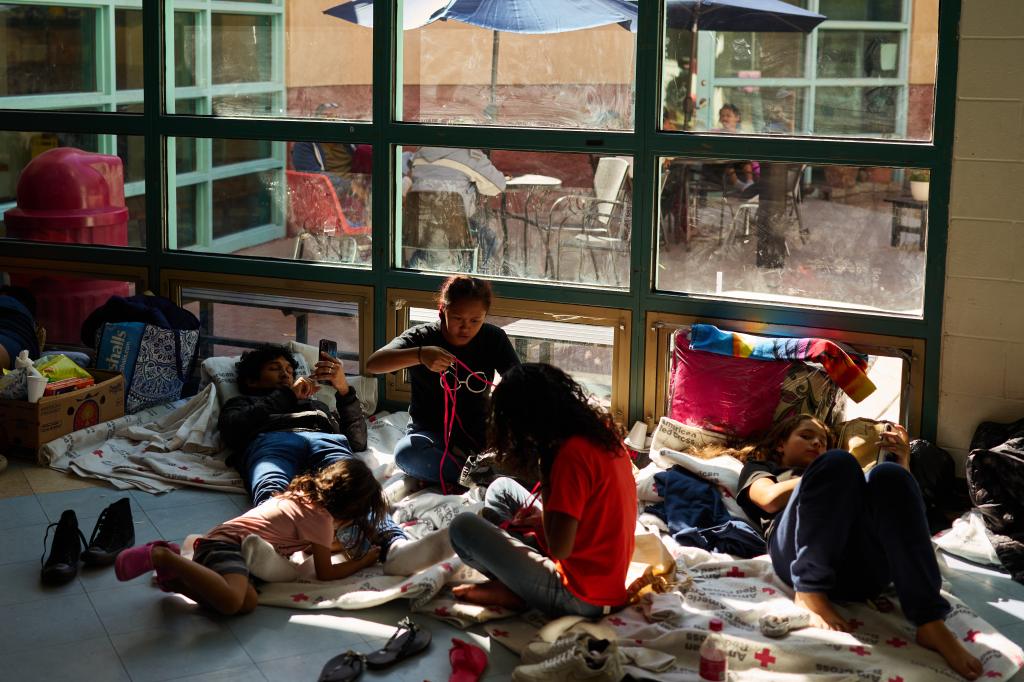
“We are streamlining the long-established family reunification parole processes for Cubans and Haitians so individuals from these countries with approved family based petitions can more quickly reunite with their families here in the United States. [And] I have directed my team to develop family reunification processes that will extend this well recognized model to certain individuals from El Salvador, Guatemala, Honduras, and Colombia.”
Immigration hardliners were unimpressed by the administration announcement.
“This whole plan — the admin’s whole perspective on immigration — is based [on] giving prospective immigrants what they want, rather than complying with American law and pursuing the interests of the American people,” tweeted Mark Krikorian, executive director of the Center for Immigration Studies.
“Basically what Mayorkas is saying is that he aspires to take market share from the smugglers, so that the US government will become the world’s leading alien-smuggling cartel,” he added.
Fiscal year 2022, which ended Sept. 30., saw a record-breaking 2.4 million arrests of people who illegally crossed the US-Mexico border, many of whom were subsequently released into the US to await badly backlogged asylum case processing.
Border-crossing apprehensions are up 4% so far in fiscal 2023.
Read the full article Here


